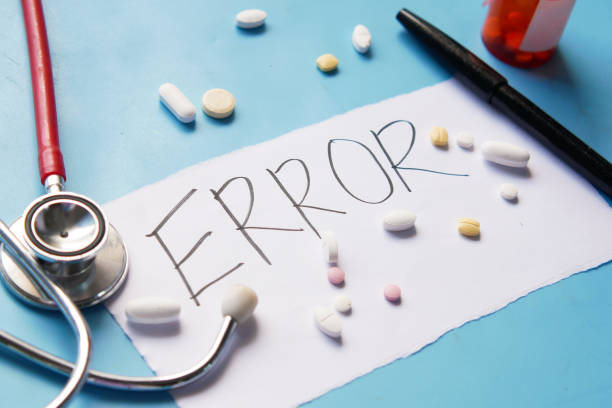Are we currently in a recession? It depends on who you’re talking to. Yes? No? Maybe? During the last recession, many independent pharmacies closed shop. So, if a recession sneaks up on the U.S. again, you’ll want to be prepared for challenging times ahead. Here are some ways to make sure your pharmacy is ready.
Estimate and bump up your savings
Whenever you can, save. Typically, three to six months of funding is recommended, but any amount is better than nothing. Begin by looking over your pharmacy’s financials and set a goal for your savings. By doing this, you’ll be in a better position to rebound from a recession.
Minimize your expenses
Thanks to inflation and shortages to the supply chain, this won’t be easy. However, if you evaluate all of your operating costs, this will help you realize areas where you can scale back.
Are your purchasing habits in need of a change? Take a look to see if there’s something you can cut back. You can also find ways to reduce the costs of shipping and the amount of inventory you keep on-hand.
Focus on cash flow
No matter how hefty your emergency fund is, your pharmacy won’t survive if you can’t keep cash flowing throughout the business.
Don’t let receivables sit on your balance sheet. It’s imperative to pursue the people who owe you. A late payment is cash that is yours to pay your bills or employees.
Point-of-sale vendors all convert cash at different speeds, so be sure to check in to see if your money is tied up there. You may want to switch to a new POS if it means you’ll get your money faster.
Build a contingency fund
According to financial experts, you should keep three to six months’ worth of expenses in an emergency fund. That way, you’ll have a safety net ready to catch you if, or when, funds begin to shrink.
It may seem daunting to save up that much money, but building an emergency fund will become easy-peasy if you automate your savings, open a high-interest savings account, and save more during good months. These funds need to be easily accessible, so don’t put the money in the stock market where it’s susceptible to erratic swings.
Your best bet is to open a money market account or savings account with your regular bank. Then you can continue to make payroll and pay bills even if a downswing happens.
Offer different services than the large retail chains
Take a chance and stand out as the pharmacy to go to when people are trying to spend less. Don’t be afraid to do something new.
Your customers directly impact your company’s profits. Do everything you can to build strong relationships and encourage them to keep coming back.
Offer loyalty rewards or extra conveniences such as text alerts, mobile payment options, or deliveries (figure out a minimum delivery amount so your customers will purchase more from your store). If your service stands out, it’ll help you retain your customers in a slow economy.
Open a line of credit
If your cash flow plummets and isn’t enough to keep your business running smoothly, open a line of credit. With a line of credit, there’s a borrowing limit that you can access at any time. It’s open-ended, which means you can borrow and repay whenever you need to.
Don’t think you need a line of credit? If you’re facing a possible recession, opening one can still beneficial. Banks prefer lending to people who are in good financial shape, so if you wait until you need the money most, it may be difficult to find a bank willing to lend to you.
Ramp up your marketing
Continuing your marketing strategies can actually help you through a recession. While marketing budgets are usually one of the first things small business owners cut, continue to leverage your website so that customers know that you’re open and ready to take care of their pharmacy needs.
If you want to build trust and relationships that will continue giving you a solid business, you have to invest time, money, and extra efforts. Be sure to visit local healthcare providers a few times a year to talk about how your pharmacy is helping patients. This will keep the connection strong.
Let them know about other services you offer that may be useful to them and their patients, such as MTM, vaccinations, free home deliveries for medications, automatic refill reminders, and personal phone calls to check in on their medication compliance.
Keep an active presence on social media and post regularly to keep followers invested. You might even look into appearing on a local podcast or hosting a community event to help expand your reach.
Preparing your pharmacy for a recession now will help keep your business strong and ensure you’re ready to navigate changes in the economy.
A Member-Owned Company Serving Independent Pharmacies
PBA Health is dedicated to helping independent pharmacies reach their full potential on the buy-side of their business. Founded and owned by pharmacists, PBA Health serves independent pharmacies with group purchasing services, wholesaler contract negotiations, proprietary purchasing tools, and more.
An HDA member, PBA Health operates its own NABP-accredited secondary wholesaler with more than 6,000 SKUs, including brands, generics, narcotics CII-CV, cold-storage products, and over-the-counter (OTC) products — offering the lowest prices in the secondary market.












